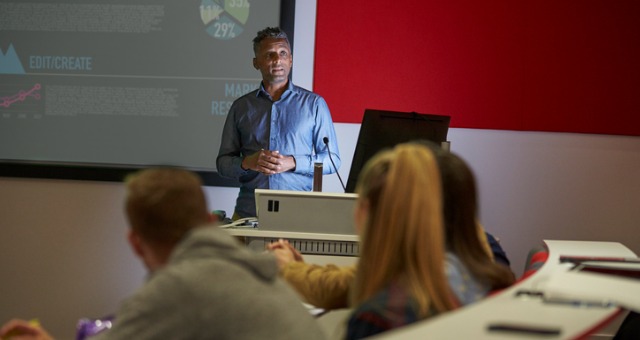I’m still wandering around in the literature on cheating. It’s hard not to get depressed. It’s such a pervasive problem and one that compromises all that education could and should be.
Faculty are pretty much focused on preventative measures, which are essential, but there are a couple of other issues rarely mentioned in the literature or in our discussions. Students who don’t cheat usually aren’t on our side when it comes to enforcing cheating policies. In one study, almost 93% of the students said they had witnessed another student cheat, but only 4.4% said they had ever reported a cheating incident (Bernardi, et. al., 2016) Students are in a bind—they don’t want to rat out fellow classmates, some of whom may be friends. If they do and word gets out, they are labeled as “snitches” and “tattletales” — told to mind their own business and otherwise berated. With serious social consequences like these, it takes real courage to do the right thing.









